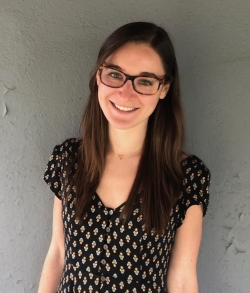Fictional TV Preferences and U.S. Political Polarization, 2012-2023
Co-authors: Hoyt Long (UChicago)
, Richard Jean So (McGill), David Bamman (Berkley)
Throughout the past decade, critics and scholars alike have raised the alarm about rising rates of political polarization in the United States. Multiple studies have focused on the role that media have played in this process, showing how Americans' preferences for different types of web and TV-based news provide evidence for, and exacerbate, polarization. Far fewer studies, however, have asked similar questions about preferences for non-news entertainment, despite the fact that fictional media—from primetime TV serials to bestselling novels—attract as many, if not more consumers than news. Almost no studies, moreover, have approached relationships between fictional media and political partisanship from particularly humanistic or cultural-critical perspectives: looking closely, not only at popular fictions' thematics, but also at their more aesthetic features, including character, setting, narrative structure, and linguistic style.
In this project, we propose to begin to fill this gap in the research, by studying American fictional television preferences across party lines, with particular attention to the aesthetics that have characterized Democrat and Republican-favored programming, during the past ten years of rising polarization. We will draw on a dataset of Nielsen TV ratings—supplemented by a few other data sources—to track monthly state and county-level viewership for the most watched shows in the years 2012-2022. Using this data, we will assess whether there are statistically meaningful correlations between high rates of viewership for individual programs, and Democrat and Republican voting records, at county and state levels. Here, we expect to expand on results of earlier studies, showing, for example, that Republicans have favored police procedurals and reality TV, while Democrats have favored sitcoms or savvy comedies. Once any correlations are determined, we will locate aesthetic features that characterize the "Blue" and "Red" programs, attending, for example, to narrative structure, character-type, and genre, and using methods of both "close" and "distant" (or computational) reading. In this way, we will expand the current work on the role that media plays in reflecting and affecting partisan divides."

